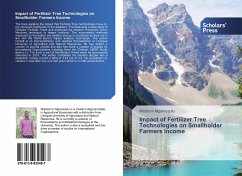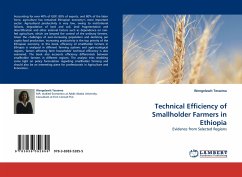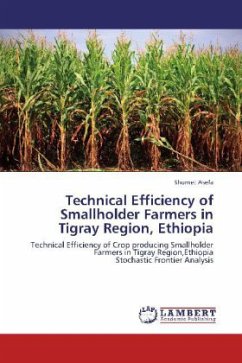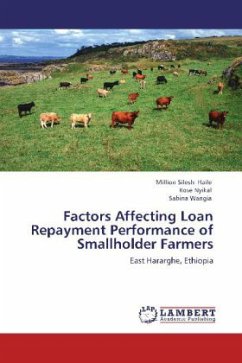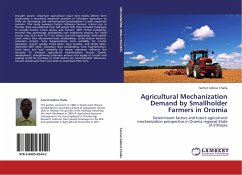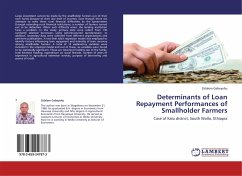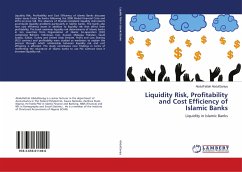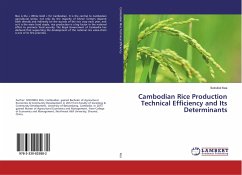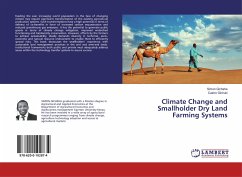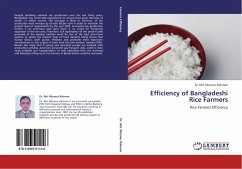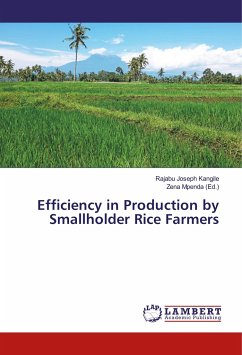
Efficiency in Production by Smallholder Rice Farmers
Versandkostenfrei!
Versandfertig in 6-10 Tagen
36,99 €
inkl. MwSt.

PAYBACK Punkte
18 °P sammeln!
Tanzanian produced rice is not competitive because of high production costs. The study was conducted to analyze production cost efficiency and factors underlying farmers' decision making in purchase of inputs. The study used cross sectional data from 200 farmers that belong to four cooperative irrigation schemes in Coast and Morogoro regions. Two stage sampling and econometric models were used for sampling and analysis respectively. The study found rice output and prices for labour, fertilizer and irrigation water to significantly affect costs of production. Unit cost of production were found ...
Tanzanian produced rice is not competitive because of high production costs. The study was conducted to analyze production cost efficiency and factors underlying farmers' decision making in purchase of inputs. The study used cross sectional data from 200 farmers that belong to four cooperative irrigation schemes in Coast and Morogoro regions. Two stage sampling and econometric models were used for sampling and analysis respectively. The study found rice output and prices for labour, fertilizer and irrigation water to significantly affect costs of production. Unit cost of production were found to be reducing by increasing rice productivity (p0.05). Production efficiency was significantly influenced by farming experience, planting methods, frequency of weeding, degree of specialization and source of purchased inputs. Additionally, the study availed factors influenced purchase of inputs. It was shown further that differences in production costs existed. The study concluded that the use of labour saving technologies and encouraging farmers to purchase inputs through irrigation scheme cooperative will contribute to reduction of production costs.



